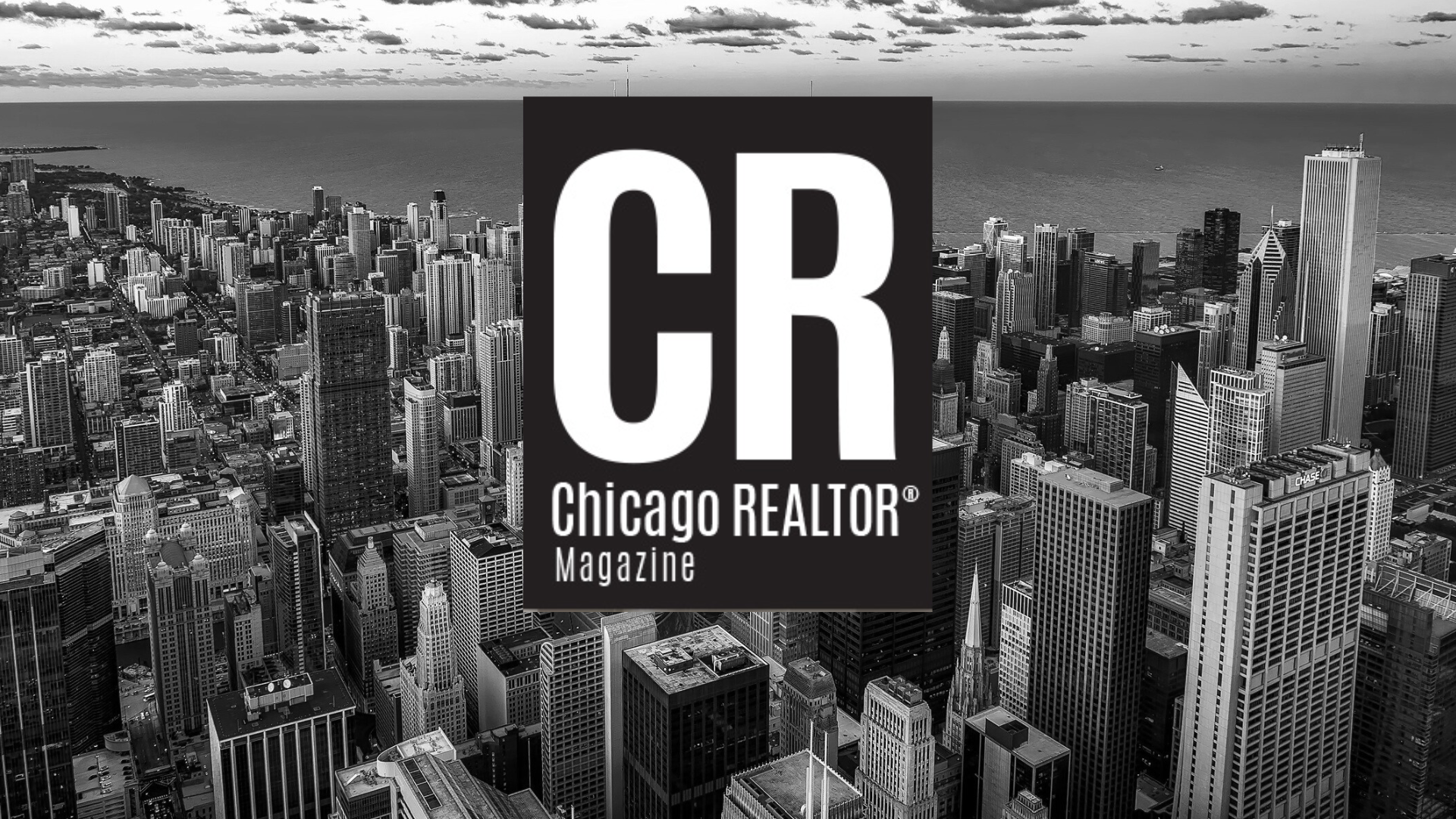On Monday, Illinois State Representative Delia C. Ramirez (HD-4; East Village, Noble Square, and parts of West Town, West Humboldt Park and Hermosa) announced legislation in collaboration with Senator Robert Peters (SD-13th; the far East Side, Hyde Park, Bronzeville, the South Loop, Streeterville and parts of the Gold Coast) and numerous community and policy advocates including the Right to Recovery Coalition, the Lift the Ban Coalition, the Shriver Center on Poverty Law, and the Lawyer’s Committee for Better Housing.
The COVID-19 Emergency Renter and Homeowner Protection Act seeks to provide relief and protections for renters and homeowners during and after the COVID-19 pandemic by:
- canceling residential rental payments during the moratorium period (up to 180 days after enactment) for those experiencing hardship
- establishing a 180-day moratorium on eviction proceedings for residential and small business renters, and that any rent accrued during the moratorium would not be a basis for an eviction case
- prohibiting landlords from charging late fees and evicting tenants without cause
- mandating that following the moratorium, landlords must satisfy pre-filing requirements, including offering a reasonable repayment plan, before beginning an eviction action to ensure eviction is the last resort
- providing tenants with affirmative defenses related to COVID-19 hardships
- establishing a fund to recoup canceled residential rent and delinquent mortgage payments and for tenants to secure funds to move; Crain’s notes that landlords seeking to recoup rent costs from this fund would have to demonstrate “material economic hardship,” defined as a loss of income so severe as “to limit spending on household necessities. Reduction in savings, profit margins, discretionary spending, or nonessential assets shall not constitute material economic hardship.”
- adding protected classes to the Illinois Human Rights Act, including individuals with, perceived to have, or at greater risk of contracting COVID-19
- making the Cook County Source of Income protection (mandating Section 8 not be a reason for denial) a statewide law
- establishing a 180-day moratorium on foreclosure proceedings and condominium evictions
- establishing a stay on deadlines related to foreclosure proceedings for the duration of the moratorium period
- seeking action and attempts to exercise a power that doesn’t rest with the IL General Assembly, but instead rests with Congress, for the vast majority of mortgages, by ensuring mortgage servicers offer flexible forbearance programs to homeowners not already protected by the CARES Act
- ensuring no one will face penalties or lose their home if they cannot pay property taxes or assessments
- ensuring returning citizens have a fair chance at housing and can safely shelter in place, effectively making the Cook County Just Housing Ordinance (which makes most criminal convictions a protected class) state law and ensuring that housing providers will lose discretion when considering criminal backgrounds, possibly putting current residents at risk.
OUR STANCE
We OPPOSE proposals that would, in effect, have the government take over all rent and mortgage payments as extreme — as are efforts to impose “regulatory clusters” like Rent Control, making “source of income” a protected class under the Illinois Human Rights Act, and just-cause eviction statutes. These ideas have a proven track record of reducing the supply of rental stock, reducing property values, and generally increasing the overall cost of living in the municipalities that enact them. These laws would set Illinois’ real estate industry back instead of spurring growth and investment and do not provide the needed long term sustainable solution. Learn more about the affordable housing measures we’ve proposed.
CAR has taken a leadership role in the Chicago Housing Solidarity Pledge, encouraging our members to work with tenants on a case by case basis. Landlords may consider one of the options in the Pledge.
Below is our reaction released to Crain’s:
During these unprecedented times, both ends of the spectrum need assistance: property owners and tenants. The best way for us to navigate this crisis is by working together, now and in the months to come. Several layers of protections are in place to protect tenants and encourage tenants and landlords to work together; just last week, the Chicago Association of REALTORS® stood with Mayor Lori Lightfoot to endorse the Chicago Housing Solidarity Pledge. We’ve heard from our members that they are working with their tenants to find solutions.
Mortgage forbearance only temporarily eases a portion of the financial obligations of property owners. Forbearance is not forgiveness. Furthermore, it doesn’t eliminate ongoing property taxes, maintenance and utility fees, which the city relies on and which are coming due. Property owners and landlords are an essential part of our communities. We believe the best way to navigate this crisis is to continue to work collaboratively with lawmakers and community stakeholders for positive outcomes for private property owners and Chicago’s neighborhoods.
CAR and Illinois REALTORS® continue to monitor this legislation and will keep you apprised of any developments.







